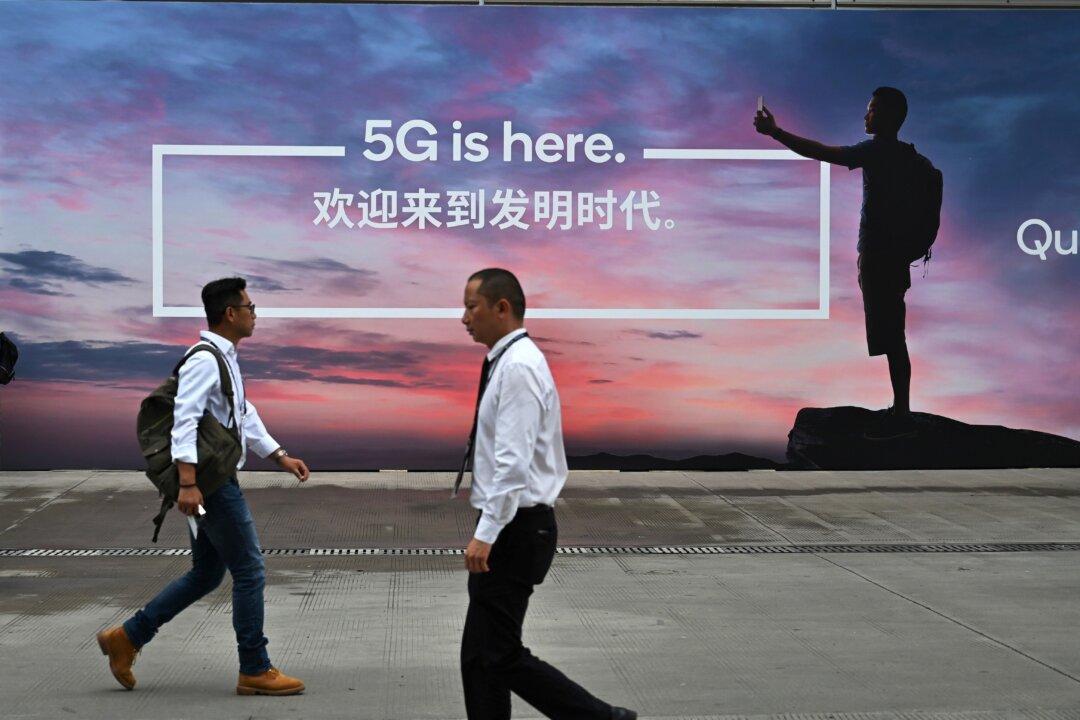China is far ahead of the United States in developing fifth-generation (5G) digital communications technology and by 2025 could have a powerful intelligence window into the information and data that most of the world’s population depends upon in daily life.
That’s the warning of Hudson Institute senior fellow William Schneider Jr. in a Sept. 5 briefing memo made public by the Washington-based conservative think tank.





